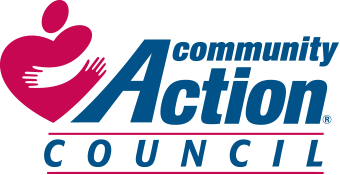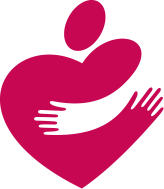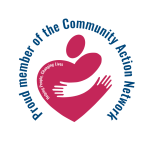The Low-Income Home Energy Assistance Program (LIHEAP) Crisis enrollment will begin on January 6 and run through March 27, 2026.
The Crisis component is designed to assist Kentucky households facing heating emergencies. Eligible households may qualify for assistance to resolve a heating crisis, such as imminent loss of heat, low fuel supply, or eviction due to unpaid utility bills. This program includes electric, natural gas, propane, coal, wood, or fuel oil.
Benefits are paid directly to the household’s energy vendor and cover the minimum amount required to alleviate the crisis, not exceeding the local cost for a deliverable supply of the household’s primary heating fuel or $400 for gas or electric. Households may reapply each time they experience a heating crisis until they reach their maximum benefit.
Applications will be accepted on a first-come, first-serve basis, or until funds are depleted. Income eligibility is up to and including 150% of the Federal Poverty Guidelines. Prior LIHEAP assistance does not affect eligibility for the Crisis component.
LIHEAP is available in all Kentucky counties. Community Action Council administers the program in Lexington-Fayette, Bourbon, Harrison, and Nicholas counties. To locate the agency responsible for LIHEAP in your county, visit capky.org.
To make an appointment to receive LIHEAP services through Community Action Council, please use the online utility assistance appointment scheduler available at www.commaction.org or call (859) 300-6960.
If no appointments are available, you may walk into Community Action Council neighborhood center between 8:30 a.m. and 3:30 p.m., Monday through Friday. To see the center locations, visit www.commaction.org/contact-us.
Eligibility Requirements
Households must meet program eligibility criteria, including income limits and proof of a heating emergency, to qualify for assistance.
Applicants are required to provide the following documentation at the time of application:
- Proof of Social Security Number or Permanent Residence card (Green Card) for each member of the household.
- Proof of all household’s (all members) income from the preceding month.
- Most current electric bill, statement from your landlord if electric is included in your rent, statement from utility company if you participate in a Pre-Pay Electric Program.
- The account number and name on the account for main heating fuel sources and electric bill.
- For the Crisis component:
- Disconnect or past-due notice for natural gas or electricity.
- If heat is included in rent, a copy of the lease and eviction notice.
- Pre-Pay Electric Program participants must show proof of having 10 days or less of pre-paid electric service.
Community Action Kentucky administers LIHEAP in partnership with the Kentucky Cabinet for Health and Family Services, which receives funding as a pass-through block grant from the U.S. Department of Health and Human Services.


